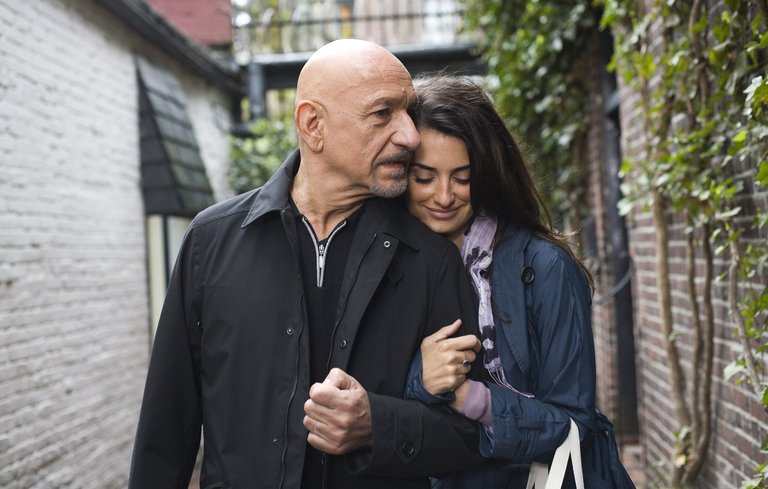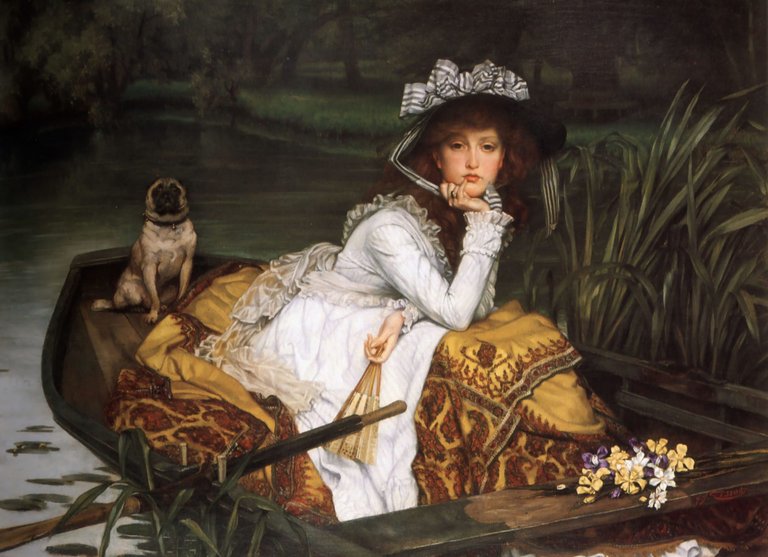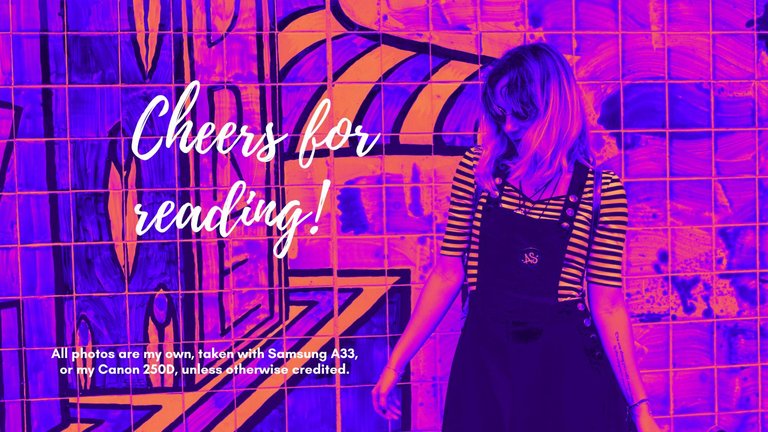To Be Seen
I'm not by nature a romance girl. I steer clear of romance films - it's all I can do to balance my romantic nature. I persist in the belief that I don't need anyone else's fantasies clouding up my own, overbearing as they are, and becoming more so as I get older.

Photo credit: Sony Pictures
Still, I occasionally indulge in the odd romance film, and last night, I sat down to watch Elegy (2008). Based on Philip Roth's The Dying Animal, it recounts the love affair between an aging professor and his much younger student. A tale as old as time, yet Ben Kingsley and Penelope Cruz come together to breathe new life into the story.
The plot I won't tell you because you already know it. The lifelong philanderer meets a woman 30 years his junior and for the first time falls genuinely in love. In parallel, it just so happened that I was reading Anton Chekhov's The Lady with the Dog. The plot is, in many ways, so similar that I have to wonder whether Roth drew consciously (or subconsciously) on it.
There are, however, subtle differences. In Chekhov's short story, it's the man who insists on turning a brief affair into a permanent recurrent arrangement, much to the younger woman's torment. In Roth's story (and subsequently, in the film), the relationship breaks apart when the aging professor fails to commit to the young woman's desire for a long-term relationship.
Professor David Kepesh is a man deeply tormented by his desire for this woman, but also by the impossible age difference between them. He fears (I think) that exposing their relationship would inevitably put on display his fear of his own mortality.
Chekhov's hero lacks such qualms, though the age gap there is only of 15-17 years or so. And whereas Elegy concludes with the decisive, bitter ending of the tormented love affair, Chekhov's story ends on a hopeful note. In some interpretations. Literary critic Harold Bloom was understandably apprehensive of the long road the two lovers have before them. Personally, I choose to believe that Dmitri Gurov and Anna Sergeyevna do indeed find in each other a sort of kinship that has been so far missing from their lives.

Photo:Young Lady in a Boat by James Tissot.
In the end, we all walk this life desperately hoping to be seen by another human being.
...a theme recurrent in both stories. Kepesh's attraction for his young student unravels in a blur between lust and an unfamiliar feeling that could be love. But he can't know for sure, and in the end, while Kepesh is destroyed by the affair ending, his student takes her place in a much wider canvas of sexual fetishization (the obsession with the female breast being a recurring theme of Roth's).
It's not to say the two don't see each other, though it struck me as the audience that professor and student are caught in an endless game of peek-a-boo. Whenever she (and with her, the entire world) gets too close, David seems to pull away, and while he compulsively learns everything about his young lover, it's questionable whether David ever really sees her at all. As his best friend points out,
Beautiful women are invisible.
When David argues that everyone notices beautiful women, his friend agrees,
But we never actually see the person. We see the beautiful shell. We're blocked by the beauty barrier.
And as if echoing his friend's words, towards the end of the story, when his now-estranged lover undergoes mastectomy, we see Kepesh torn. She (correctly) intuits he will no longer love her (or stand by her, in the long run) now that she "is no longer beautiful" (having lost her breast, the great object of his attraction).
By contrast, Chekhov's protagonists share a more hopeful, perhaps more authentic "seeing":
They forgave each other for what they were ashamed of in their past, they forgave everything in the present, and felt that this love of theirs had changed them both.
We all long to be seen, but perhaps we can best be observed when we stop trying to draw attention to ourselves and instead turn our focus outward. Not on what strangers and lovers see when they look at us, but to the infinitely strange, lovely being we're observing.

I have read neither book, nor have I seen the movie. But my interest is now piqued!
I am always looking for something good to watch, have missed some good old movies, and series as well, and have noted this one! I'm also not a lover of romance movies, they can be so sugar sweet and syrupy!
One of my favourite oldies is Fried Grteen Tomatoes, and The Hundred Foot Journey, not sure if you've seen those?
Hope you're keeping well @honeydue, I've mostly just popped in to drop the occasional blog, ansd not done much reading. Had my nose in tax matters and then a fraudulent payment for a booking which took up way too much of my time!
I have not seen those, but now they are definitely on my list! Thanks.
Fraudulent payment doesn't sound too great - hope you managed to get that sorted? Sounds like the last thing anyone needs. It's always lovely to see you around, my dear <3
Did you read Chekhov in the original Russian?
I wish!
I was just reading some notes in Russian and realized how much I'd forgotten. Need another pandemic to get me studying properly again. xD